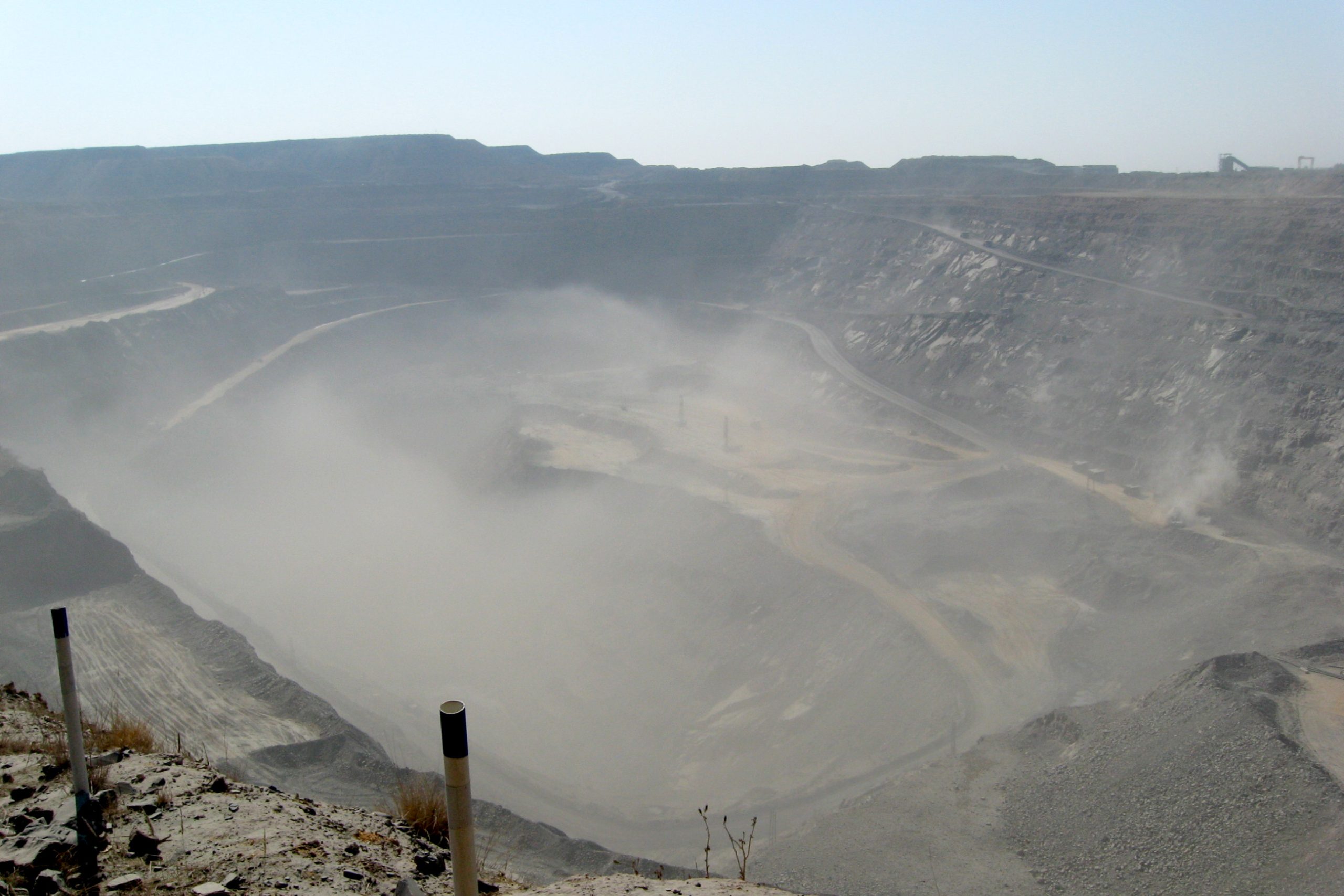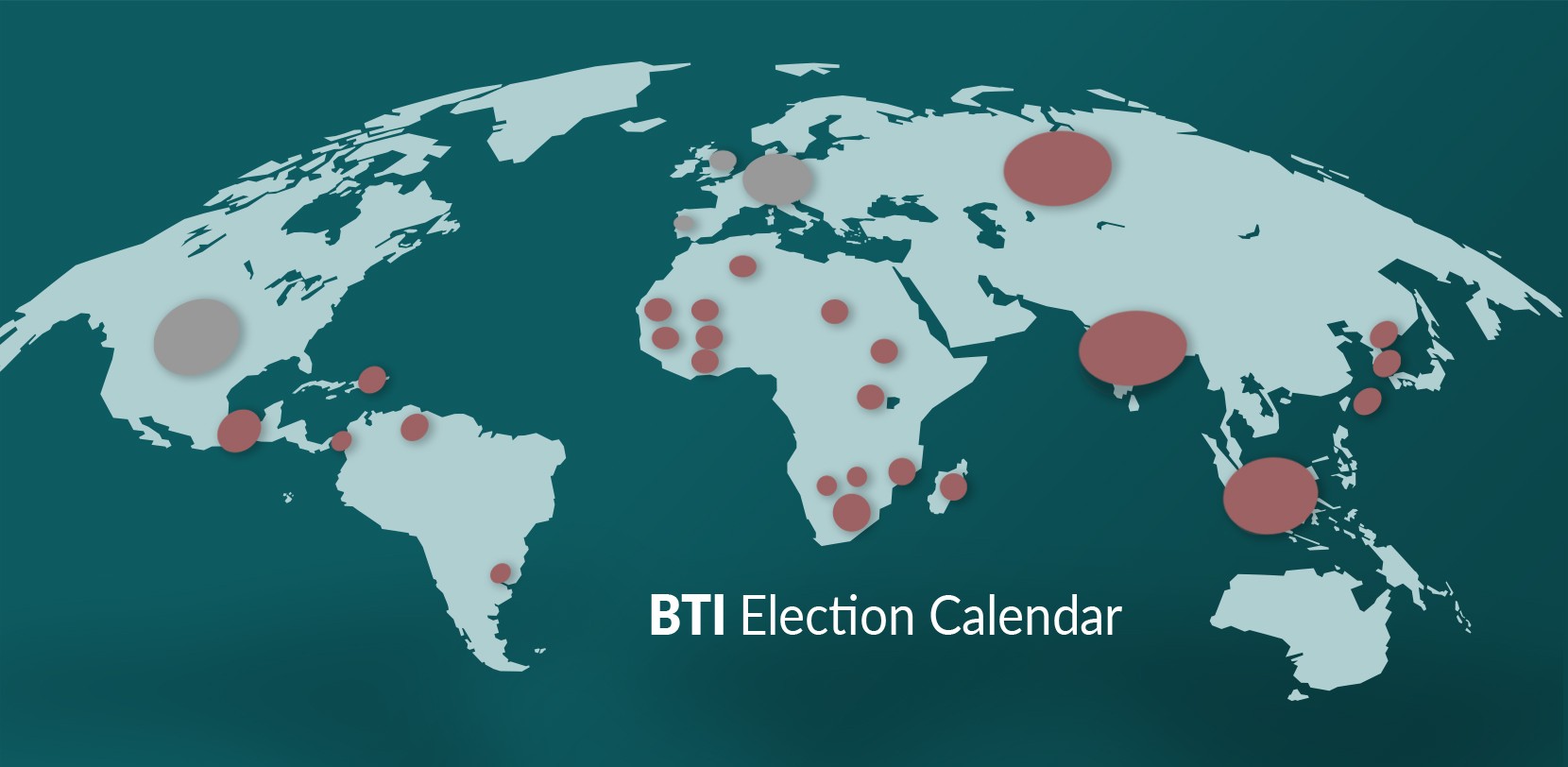Botswana sustained its democratic reputation under President Mokgweetsi Masisi, engaging stakeholders through the Kgotla system (community councils) and affirming its commitment to free elections and media freedom. However, the constitutional review 2022 faced challenges, lacking public awareness and overlooking citizen-proposed reforms like direct presidential elections, opting for the existing indirect process.
Botswana’s heavy dependence on diamond revenue and the slow pace of economic diversification remain challenges to the government’s efforts to grow the economy. As a result, several social ills and challenges proliferate due to high unemployment rates, including escalating crime rates and widening poverty and inequalities.
Reforms include state funding for opposition parties and the establishment of more administrative districts for democratic engagement. The government’s post-COVID “Reset Agenda” prioritizes economic diversification, youth empowerment and job creation. It continues to exercise prudent financial management, servicing debt, cutting spending to offset its deficit and boosting revenue. Active involvement in regional and global affairs solidified Botswana’s position internationally.

